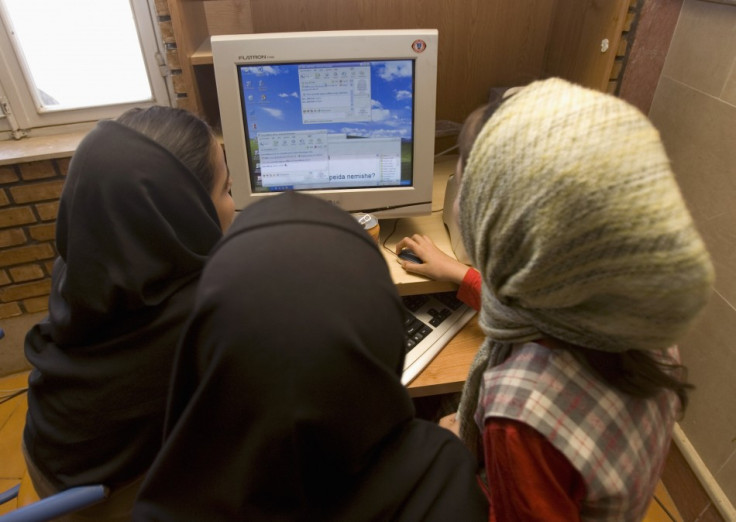Iran To Shut Down Internet Claim: 'Clean' National Intranet In Pipeline Denied

Rumours that Iran plans to 'shut down the internet' and replace it with an entirely more controllable national intranet have been denied.
The Agence France Presse [AFP] reported earlier this week that millions of internet users in Iran will be permanently denied access, according to Reza Taghipour, the Iranian Information and Communications Technology Minister.
The claims were originally made in an interview in which he also says: "All Internet Service Providers (ISP) should only present National Internet by August."
The blockage of many services including Google, Facebook, Yahoo and Hotmail would correlate directly with Iran's plan for a "clean internet". The intranet will replace them with services such as Iran Mail and Iran Search Engine.
It was also reported that Taghipour said that the Internet "promotes crime, disunity, unhealthy moral content, and atheism" and the government has no choice but to rid the country of these "scourges".
However, the latest statements from the Ministry of Communications and Information Technology said: "The report is in no way confirmed by the ministry" and is "completely baseless", blaming "the propaganda wing of the West."
Internet censorship has been a part of Iranian culture for some time as fears of an Arab Spring-like revolution have threatened the country's government. Iran currently blocks access to both Gmail and Google as well as the official Olympics London 2012 website.
Taghipour, who believes the blogosphere is a great danger to Iran, is on the European Union's sanctions list after being involved in a number of "human rights atrocities" in the past.
TheNextWeb, a popular online journal, has claimed that Iran's denials do not mean that they will not 'shut down the internet'. They also claim that a system is in beta testing which includes a search engine called "Ya-Haq", which directly translates as "calling God".
Iran became suspicious of its online presence after monitorning its citizens' usage in internet cafes.
© Copyright IBTimes 2025. All rights reserved.





















